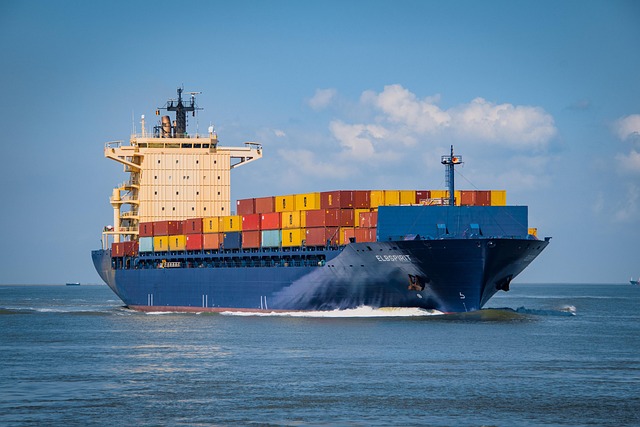Title: The Intricacies of Admiralty Law in Modern Maritime Commerce
Introduction: Dive into the complex world of admiralty law, where centuries-old maritime traditions meet modern commercial realities. This specialized legal domain governs everything from international shipping disputes to marine insurance claims, playing a crucial role in global trade and oceanic affairs.

Jurisdiction and Scope in the Modern Era
Today, admiralty law encompasses a wide range of maritime matters. In many countries, specialized admiralty courts or divisions within existing court systems handle these cases. The jurisdiction of admiralty law extends to navigable waters, including oceans, seas, and even some inland waterways. It covers diverse issues such as maritime liens, cargo disputes, vessel collisions, and marine pollution. One unique aspect of admiralty law is its application of the doctrine of forum non conveniens, allowing courts to decline jurisdiction if another forum is more appropriate for the case.
Key Principles and Doctrines
Several fundamental principles distinguish admiralty law from other legal domains. The concept of general average, for instance, requires all parties involved in a maritime venture to share proportionally in losses incurred for the common good. Another crucial doctrine is limitation of liability, which, under certain circumstances, allows shipowners to limit their financial exposure in maritime accidents. The principle of maintenance and cure, originating from medieval sea codes, obligates shipowners to provide for injured seamen regardless of fault.
International Conventions and Harmonization Efforts
The global nature of maritime commerce necessitates international cooperation in admiralty law. Numerous conventions and treaties aim to harmonize maritime regulations across nations. The United Nations Convention on the Law of the Sea (UNCLOS) serves as a comprehensive framework for maritime governance. Other significant agreements include the International Convention for the Safety of Life at Sea (SOLAS) and the International Convention for the Prevention of Pollution from Ships (MARPOL). These conventions address issues ranging from territorial waters and exclusive economic zones to environmental protection and maritime safety standards.
Contemporary Challenges and Emerging Issues
Admiralty law faces new challenges in the 21st century. The rise of autonomous vessels raises questions about liability and regulatory frameworks. Cybersecurity concerns in shipping and port operations present novel legal issues. Climate change impacts, such as changing sea levels and new Arctic shipping routes, necessitate adaptations in maritime law. Additionally, the growth of offshore renewable energy installations introduces complex jurisdictional and environmental considerations. Admiralty lawyers and courts must navigate these emerging issues while adhering to established legal principles.
The Role of Admiralty Law in Global Commerce
Admiralty law plays a vital role in facilitating international trade. It provides the legal framework for resolving disputes in shipping contracts, marine insurance, and cargo claims. The uniformity brought by international conventions helps streamline cross-border maritime transactions. Admiralty courts often deal with high-stakes litigation involving multi-million dollar vessels and cargoes. The specialized nature of admiralty law requires practitioners to possess not only legal expertise but also a deep understanding of maritime industry practices and technological developments.
In conclusion, admiralty law stands as a fascinating intersection of ancient traditions and modern commercial realities. Its unique principles and global scope make it an indispensable component of international trade and ocean governance. As maritime technology and environmental challenges evolve, admiralty law continues to adapt, ensuring the smooth operation of global maritime commerce while addressing new legal frontiers on the high seas.






